Payroll evolution: Enhancing accuracy, compliance, and employee experience

A good payroll system forms the backbone of any organisation to ensure employee retention and efficiency, a recent ADP webinar discussed.
ESG measures usage increase across APAC firms

Recent polls have discovered that across the APAC markets, more firms are implementing ESG measures across their executive incentive plans.
DHL Express announces several key changes in APAC leadership

DHL Express sees several strategic changes and appointments within the Asia Pacific region in order to promote and cultivate continued growth.
Why building a diverse workforce in healthcare matters in Asia

Roche champions diversity in global healthcare, fostering innovation and inclusion to bridge gaps in research and care to ensure no patient is left behind.
More employees working onsite amidst return to office mandates

More leaders are urged to create positive hybrid work experiences to encourage more people back to the office, as the number of people working onsite rises.
Employee error the biggest cause of cyber-security issues in Asia-Pacific

A significant number of cybersecurity issues in multiple organisations were caused by employee error, research has found.
Engaging employees to help unblock better heart health in Asia

Novartis’ Ruth Kuguru discusses how the organisation is leading a heart health initiative, and its vital link to employee engagement and wellbeing.
Is “purpose-driven culture” still relevant for 2024?

Mallory Loone, Co-Founder of Work Inspires, discusses the concept of purpose-driven culture and how it can be the foundation block for organisations.
How innovative employee benefits unlocks talent potential

UOB’s Dean Tong shares how the bank’s employee benefits programme is fostering workplace excellence and attracting diverse talent in finance.
HRM Asia congratulates Readers’ Choice Awards 2023 winners
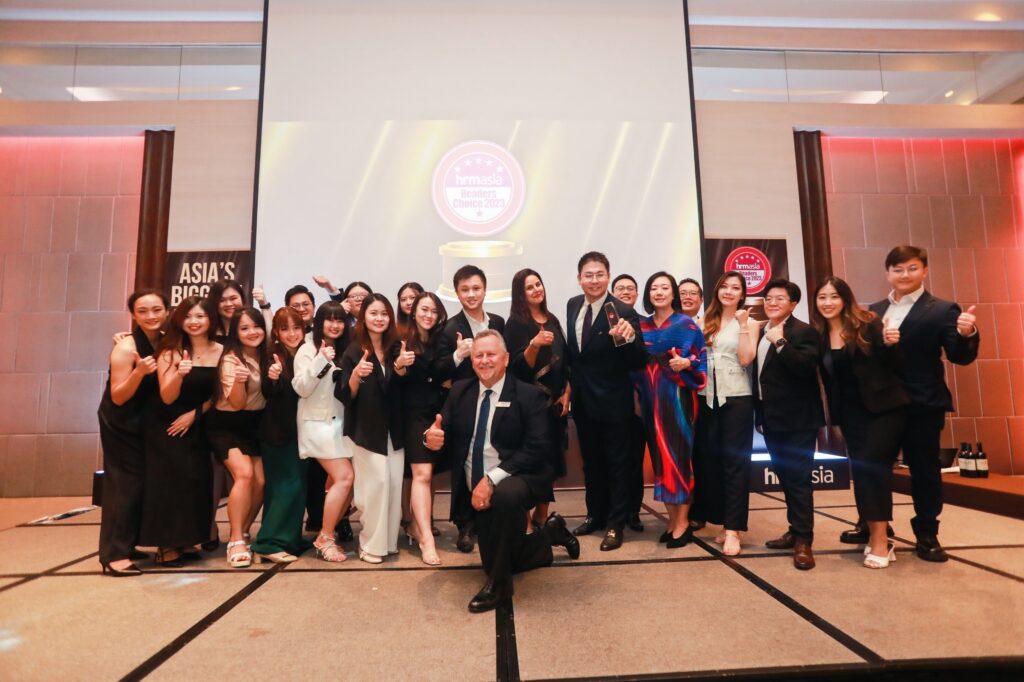
Some of Asia’s best HR and HR tech solution providers were recognised at this year’s HRM Asia Readers’ Choice Awards.
Empowering gender inclusivity in Asian workplaces

Despite an improvement in the workplace environment for women, organisations can do more to create a more gender-inclusive workplace.
Harnessing technology to shape exceptional employee experience
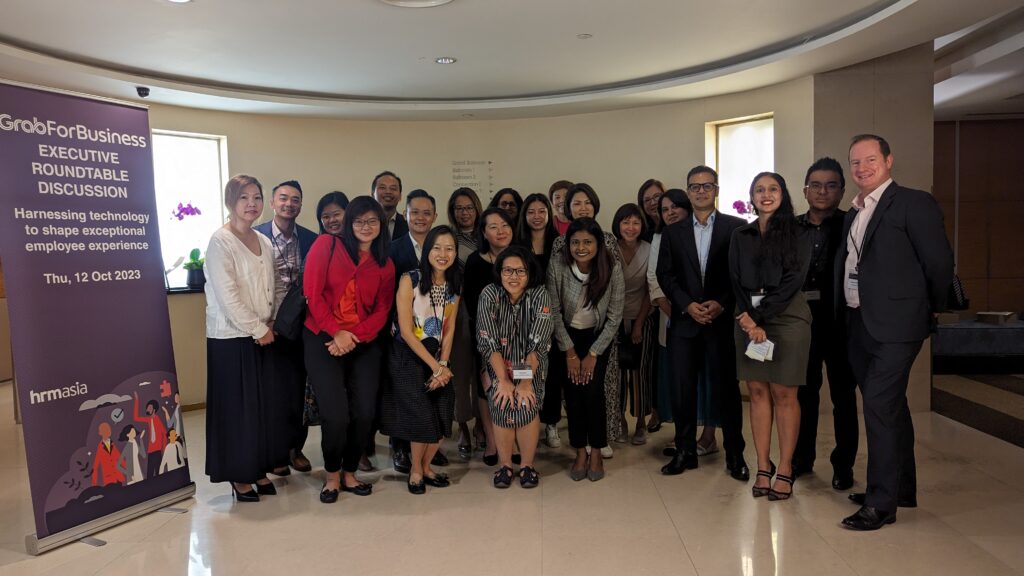
Technology can streamline employee experience programmes, relieving HR leaders of a major burden, a recent Grab roundtable discussed.
Asia-Pacific gears up for green jobs in low-carbon economy shift

Amid a green job surge and skills shift, proactive measures are vital for Asia-Pacific’s low-carbon economy transition, ADB says.
Hybrid work benefits acknowledged, but tech support lags

Strategic IT investments boost top-performing organisations, while AI reshapes customer and employee experiences.
CEOs see ESG investment as part of sustainable long-term growth

Most CEOs are optimistic about their organisation’s growth prospects as they define the focus of their ESG investments.
Simon Tate appointed as President of Asia-Pacific, Workday

Tate will be coming onboard the position at Workday to oversee the region of Asia-Pacific, with effect from November 6, 2023.
A people-first focus for a connected workplace: HR Tech Fest Connect 2023
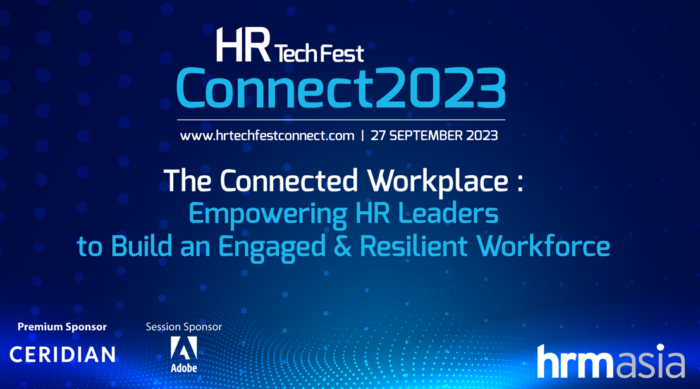
Asia’s largest HR and work tech conference examined post-pandemic workforce challenges and offered key insights for HR leaders to grow their organisation.
How mentorship can be key to performance management in firms

Performance management within organisations requires a personal touch, and employees and leaders can be empowered to take responsibility for the task.
Empowering HR leaders to build an engaged and resilient workforce

You can still register for the highly anticipated HR Tech Fest Connect 2023, which is taking place on Wednesday, September 2023!
Addressing employee burnout: Strategies for a healthier workforce
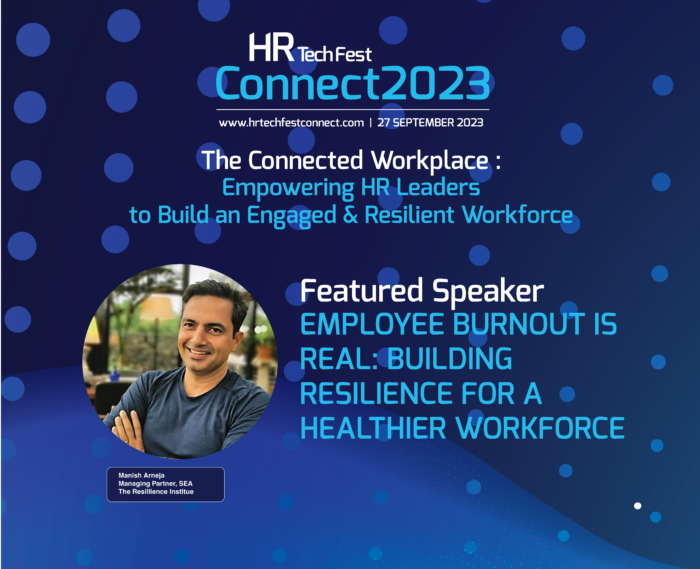
Resilience Institute SEA’s Manish Arneja will be at HR Tech Fest Connect 2023 to offer perspectives on battling burnout and building a resilient workforce.
How people development continues to drive organisational success

Katerina Hanna, VP, Customer Success APJ, Ceridian, explains why creating meaningful moments of social connection remains a priority for people leaders.
Deteriorating mental health affects work productivity in Asia

Organisations that fail to address workplace mental health issues risk incurring significant cost through an increasingly disengaged workforce.
The key trait recruiters look out for during interviews

Candidates who demonstrate a growth mindset during the recruitment process are likely to be selected, says Google Asia Pacific’s Sapna Chadna.
Peter Quinlan appointed Managing Director for Philips APAC

With 16 years in the organisation, Peter Quinlan will lead Phillips APAC as it lends support to healthcare providers via digital transformation.
From gap to growth: Key strategies for deskless workforce

Capability Group’s Sudan Jeganathan shares Axonify Deskless Report 2023, highlighting the challenges deskless employees face.
Gen Z rising in Asia: A dynamic force for organisational change
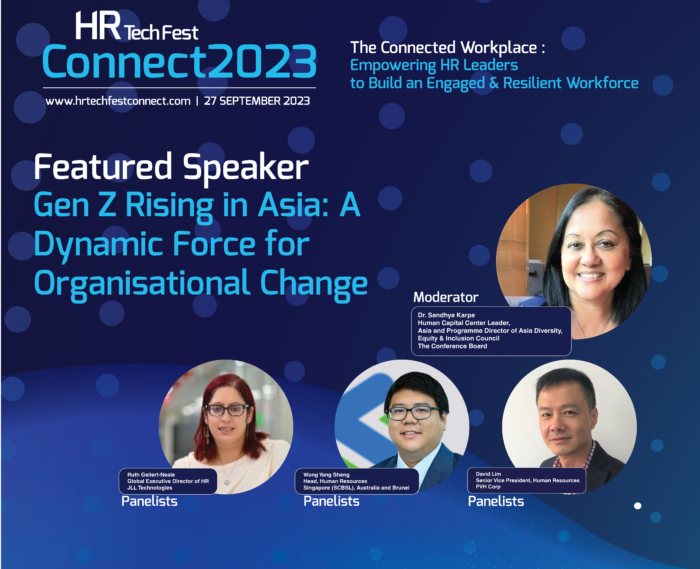
A panel discussion at HR Tech Connect 2023 will provide defining insights for organisations to better understand Gen Z employees in the workplace.
No Normal: How the business of HR shifted from tactical to strategic
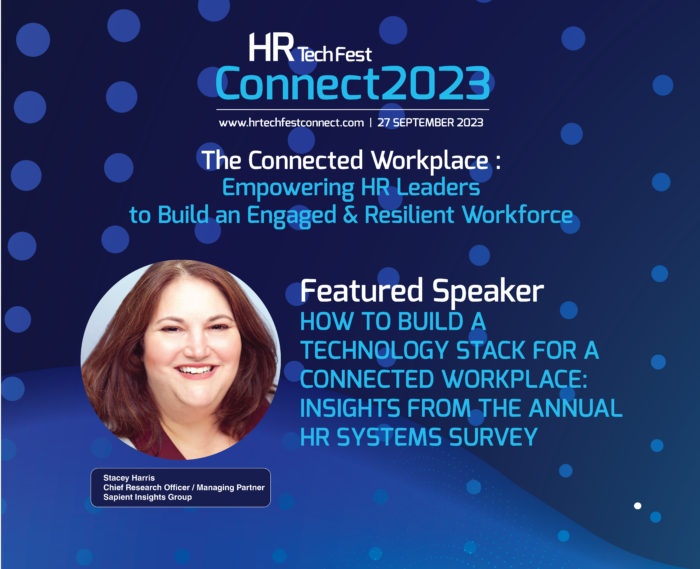
Sapient Insights Group’s Stacey Harris explores HR’s transformation and the importance of HR technology in Asia-Pacific.
Advancing the D&I agenda from diversity to true inclusion
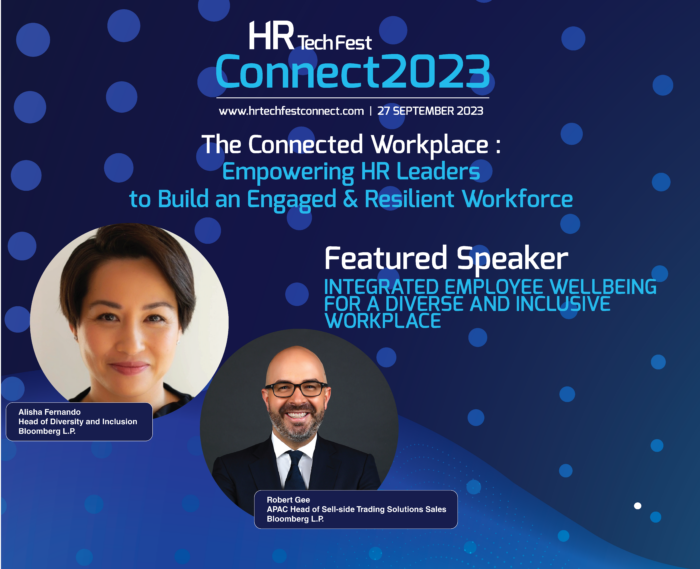
The DE&I journey has taken Bloomberg from diversity to inclusion, writes Alisha Fernando, Head of Diversity and Inclusion APAC, Bloomberg.
Asia-Pacific sees emergence of Green Collar workforce

Decarbonisation in Asia-Pacific is fuelling a Green Collar workforce, supporting a US$47 trillion economy boost and the creation of 180 million jobs.
Low Peck Kem named President of APFHRM
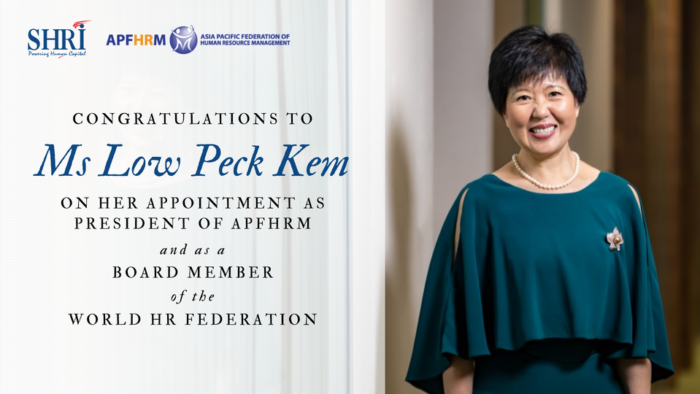
Low will help the Asia-Pacific Federation of Human Resources Management (APFHRM) propel the HR industry forward in Asia and beyond.
